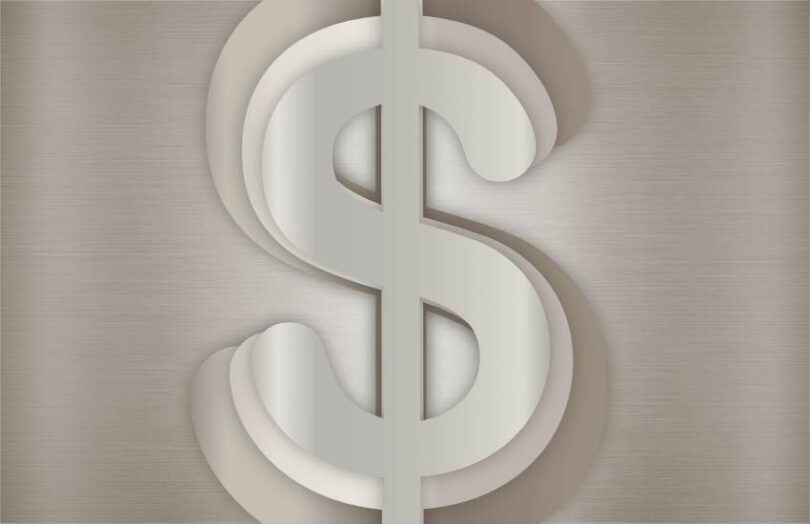A Royal Bank of Canada(RBC) analyst explored the potential for a digital dollar and concluded we’re unlikely to see a U.S. central bank digital currency (CBDC) any time soon. His rationale is that the risks outweigh the potential upside. It also points to the likely politicization of the central bank.
A CBDC can offer real benefits, with RBC splitting these into primary and secondary order ones. One major advantage is lower costs and expanding access to payment services, with five percent of the U.S. population currently without a bank account. For larger corporates, there’s also the benefit of reducing transaction times which minimizes counterparty risk. These are the only two that RBC considers as first order advantages.
The author does not view the digital nature of a CBDC as the major differentiator. Rather it is the recording of ownership that is distinctive, particularly regarding privacy. With cash, there isn’t a transaction record. But even for electronic payments, banks only have full details of one side of the transaction.
A CBDC is by definition centralized, which presents the biggest risks. It will become a magnet for cyber fraud. While there are other critical payment systems, this one would be on a different scale. “Trying to secure a system offering hundreds of millions of access points to trillions of dollars on a 24/7 basis is a Herculean task.” And never mind fraud, if an upgrade goes wrong, it would be “catastrophic” to have the system offline.
The RBC outlines the usual privacy risks with the potential for the government to interfere with transactions in undesirable sectors such as marijuana. If a CBDC is the primary alternative to banking, and cash usage declines significantly, that becomes a bigger issue.
Politicization of the Federal Reserve
In a scenario where the Chair of the Federal Reserve could exert practical control over the payment system, RBC sees the Chair’s role as becoming highly politicized. It asked the reader to imagine a Senate confirmation hearing for the role. More importantly, politics rather than economic credentials would override the criteria for selecting the Fed Chair.
A key point supporting the RBC stance on a digital dollar is that the U.S. has been a laggard in financial innovation historically. For example, the UK unveiled its faster payments 15 years ago, whereas the U.S. launched FedNow this year.
Additionally, the RBC highlighted surveys – in particular the recent CFA institute survey – in which the U.S. financial advisors were the least keen on a CBDC (31%) compared to the more supportive China (70%) and India (66%).
If the U.S. launches a digital dollar, the RBC believes it will be a “check-the-box” exercise to show it has the latest “shiny new toy”.
Meanwhile, in June a Cato/YouGuv survey found an even more negative response to a U.S. CBDC. Almost half of the people surveyed don’t yet have a position. Of those with an opinion, more than twice as many people opposed a digital dollar (34%) compared to 16% that are supportive.






